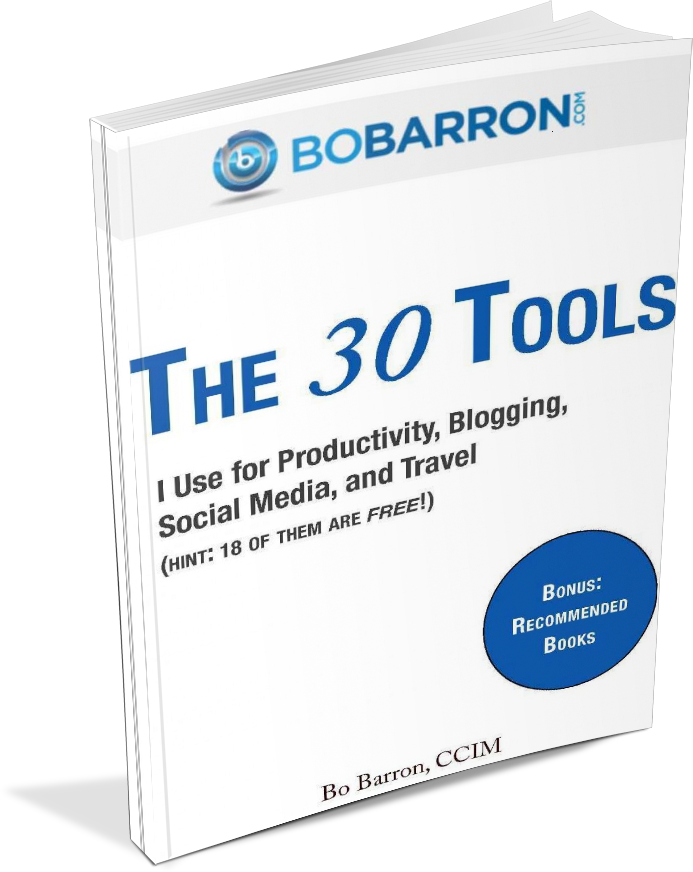I was listening to a podcast this week as I was traveling to spend a few days at the global headquarters of the Massimo Group. I love listening to podcasts.

And most of the major thought leaders in just about any industry have them now. I’d like to have create one myself at some point.
But consider this, you can learn anything through podcasts. The major thought leaders are offering to personally and virtually mentor you. And most of us don’t take advantage of the wealth of knowledge that is out there waiting for…just waiting.
I listen to podcasts when I work out. I listen to them when I’m traveling in my car. I listen to them when I’m on a plane. I sometimes fall asleep listening to them in a hotel room. They stimulate my thinking. They challenge the status quo in my mind. They give me new ideas.
This particular podcast is called Steal the Show by a best-selling author and actor, Michael Port. He was interviewing a theatre teacher, Melissa Friedman, who said this about practice:
Amateurs practice until they get it right. Pros practice until they can’t get it wrong.
How true is that?! I love that quote. And even more true is the fact that by this definition, most of us are amateurs.
All of us can benefit by more practice – not just to get it right, but to make sure we can’t get it wrong.
5 Areas Most of Us Need More Practice
- Prospecting calls – I think it is a huge mistake to not practice (role play) prospecting calls with peers and mentors in our office on a weekly basis. We don’t do it because it is uncomfortable. But pros role play and practice until they know exactly what to do regardless of the direction a call takes.
- Opening statements – Wether a phone call or a face to face meeting, the opening statement is the most important. It sets the tone for the meeting. It demonstrates confidence or incompetence. And, we know we are going to get to say it. You have to nail it. To do that, you must practice it…until you can’t screw it up.
- Voice mails – Any of us who make prospecting calls are going to reach people’s’ voice mail boxes. This is an argument for another post, but you should leave a message. Since you know you are going to be leaving messages, why do you allow yourself to leave a bumbling one. Be confident and compelling. Be efficient. Give a real reason to call you back. Practice it. Nail it!
- Closing – You might need to regularly try to close for a meeting. Maybe you need to close a deal. All of us in business are trying to generate business. Yet we don’t practice our closing techniques. Most of us don’t even ask for the business! If you lack a skill like closing, buy a book. Ask to shadow a top producers. And then practice until you can close with confidence every time.
- Goal setting – Setting goals is the single most important activity for achieving the success you long for. And most of us do it wrong. Take a course. Read a book. Figure out how the successful in your industry do it. Then do it yourself. Practice.
Now today is an exciting day because my business partner in Massimo University is releasing 7 Days to Your Best CRE Year Yet – a goal setting course from Rod Santomassimo. The third and final video of his free video series on Setting Yourself Up for 2016 goes live today and you can watch it here.
If there is just one thing to help you move from amateur to pro in 2016, nailing your goals and taking action to achieve them is it. This 7 day course will show you exactly what to do.









